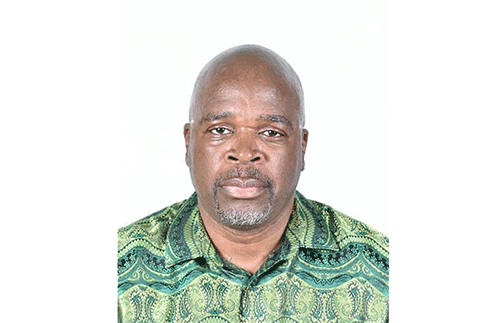In a powerful keynote address delivered during a regional International Women’s Day webinar attended by over 120 participants in Gaborone, Stanley Mutoya, chief executive of the African Union Sports Council Region 5, issued a rallying call to accelerate action in empowering women in sport.
Speaking under the theme “Accelerating Action: Empowering Women for a Brighter Future,” he emphasised the urgent need to bridge gender gaps in sport, noting that women continue to be under-represented in leadership, coaching, and decision-making roles.
Global statistics show that only 13% of Olympic coaches are women, and fewer than one in three sport leadership positions are held by women. In Africa, only 11% of National Olympic Committees are led by women, with many federations recording less than 25% female representation.
“There is no tool for development more effective than the empowerment of women,” Mr. Mutoya quoted the late Kofi Annan, reinforcing the need for intentional investment in women’s advancement.
Highlighting the progress made within Region 5, he cited initiatives such as the Women’s Leadership Development Programme, the RASA Women’s Coach of the Year category, and Women in Sport Forums.
In 2024, 42% of RASA nominees were women, and over 60 young women benefitted from leadership and entrepreneurship training through regional academies.
Mutoya also referenced data from the McKinsey Global Institute, which estimates that closing gender gaps in Africa could add US$316 billion to the continent’s Gross Domestic Product by 2030.
“Empowering women is not a charitable act. It is a smart, strategic and moral imperative,” he added.
The keynote concluded with a bold call to action for governments, federations, media, sponsors and individuals to promote equity, invest in women-led initiatives, and create platforms for women to thrive in sport. Quoting Nobel Laureate Wangari Maathai, he said, “The higher you go, the fewer women there are. That’s why those who are up must pull others with them,” he added.
Mutoya reaffirmed AUSC Region 5’s commitment to championing inclusivity and accelerating meaningful change: “Let us build a future where no girl is limited and no woman is invisible.
The brighter future starts now – with you, with me, with all of us,” he added.



